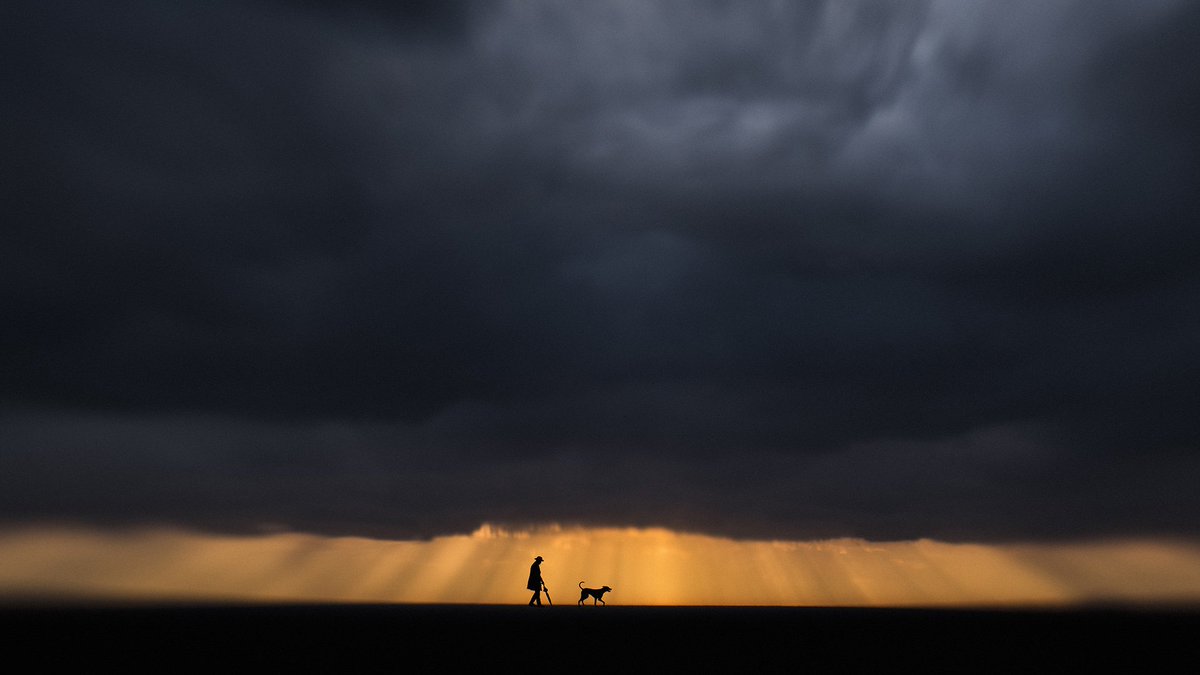A week ago I was sitting in a coffee shop in Buenos Aires watching the news. The Argentinian government, like so many others worldwide, is placing travel restrictions and canceling events. They are also advising people to keep their distance, or as they put it: Evitar Abrazos y Besos – Avoid Hugs and Kisses. How do you convince Latin Americans, the most tactile people on the planet, not to touch each other? People hug and kiss here so much and so often that Prince Charles’ namaste greeting would get strange looks. I have read business letters and emails close with ‘besos‘ rather than ‘Yours sincerely’. Embracing people is probably as much a religion here as football. Football in South America, by the way, has been postponed, an event as seismic as Guinness stopping production or not being able to get Barry’s Tea.
Because the numbers of infected and dead here are relatively much fewer than in Europe and Asia – 128 cases in Argentina, for example, a country of 44 million people – until recently the crisis was only being discussed at a remove, if at all. Crime and government scandals were still the top stories in Bolivia, Chile and Argentina. In Buenos Aires I stayed at a hostel with British, Dutch, French, Australian and Israeli backpacking twenty-somethings. Most had been traveling in South America for months. They were little concerned about coronavirus and are more keen on partying and hooking up. On that front, the tourists have become as touchy as the locals; the chances of catching coronavirus in my hostel were low. The chances of contracting a social disease, however, that’s another story. And in the tourist areas of the city you could still tango (a dance not exactly known for its physical distance or reserve).
Everywhere I have visited, though, there is a growing sense of panic. Last week the Argentine President Alberto Fernandez signed “A Decree of Necessity and Urgency” and flights from Europe, South Korea, the United States, Iran and China have been banned. Self-isolation in suspected cases is mandatory and those who ignore it will face criminal charges. Everyone is urged to wash their hands. Servers in restaurants are wearing latex gloves. Hand sanitisers are abundant. There is still plenty of toilet roll, so let me know if you need some and I’ll send it home. Don’t expect it for a while though; the postal service in much of Latin America is quaint and old-fashioned (read: shockingly inefficient and slow).
How will South America cope? The Argentinian economy is already frail. The recent political unrest in Bolivia and Chile was on hold while university students were on holidays, but the kids are back now and so is the street fighting. And Brazil is, well, Brazil – rife with corruption and run by a loudmouth bully who may or may not have tested positive for coronavirus. Perhaps the only reason the infections here haven’t reached European or Asian levels yet is because the virus took hold after Carnival, an orgy of feasting and fornicating celebrated across much of Latin America. Had coronavirus arrived on the continent before Lent, the place would be teeming with germs and we’d probably be talking about South America rather than Europe as the epicentre of the worst global health crisis in living memory.
I boarded the ferry and sailed to Colonia in neighbouring Uruguay. On the day I arrived there were four cases. There are now 94. Some bars have closed but many remain open and while my friends tell me the city is much quieter than usual, I still see people embracing. Old habits die hard.
The country will no doubt put travel restrictions in place. It’s not the worst place in the world to be stranded, though. After all, the weather is lovely, the food is outstanding, and weed is legal.
……………………
Niall McArdle’s work has appeared in the Irish Times, Banshee, Spontaneity, Honest Ulsterman, Bangor Literary Journal, RTÉ Guide, AGNI Online and Phoenix Irish Short Stories, and has been broadcast on RTÉ Radio. Say hi to Niall on twitter
